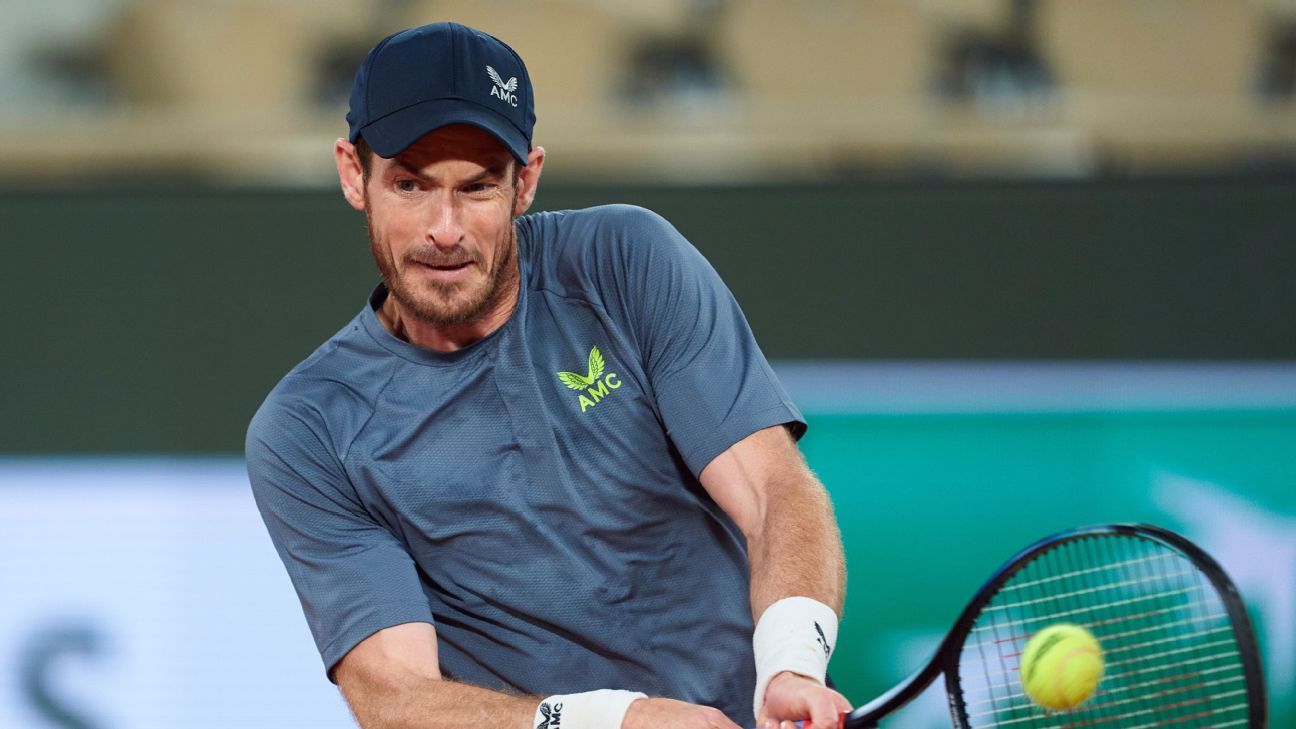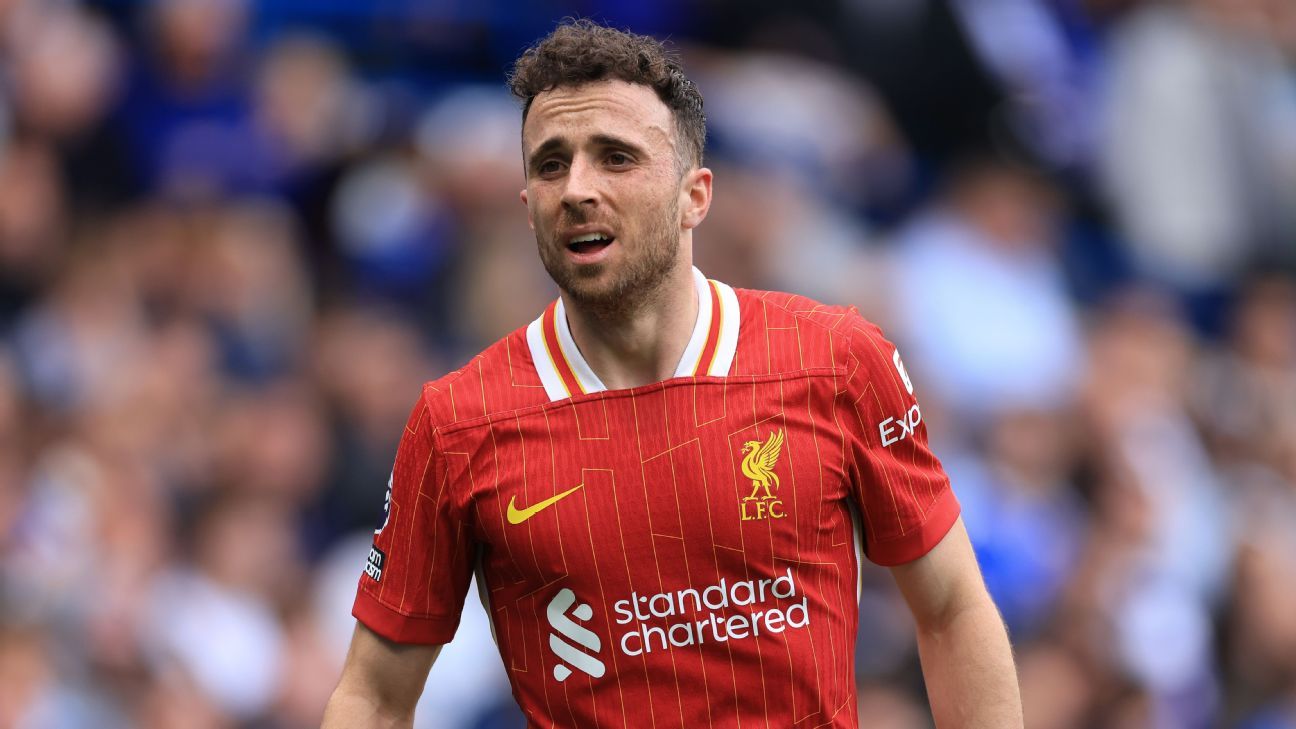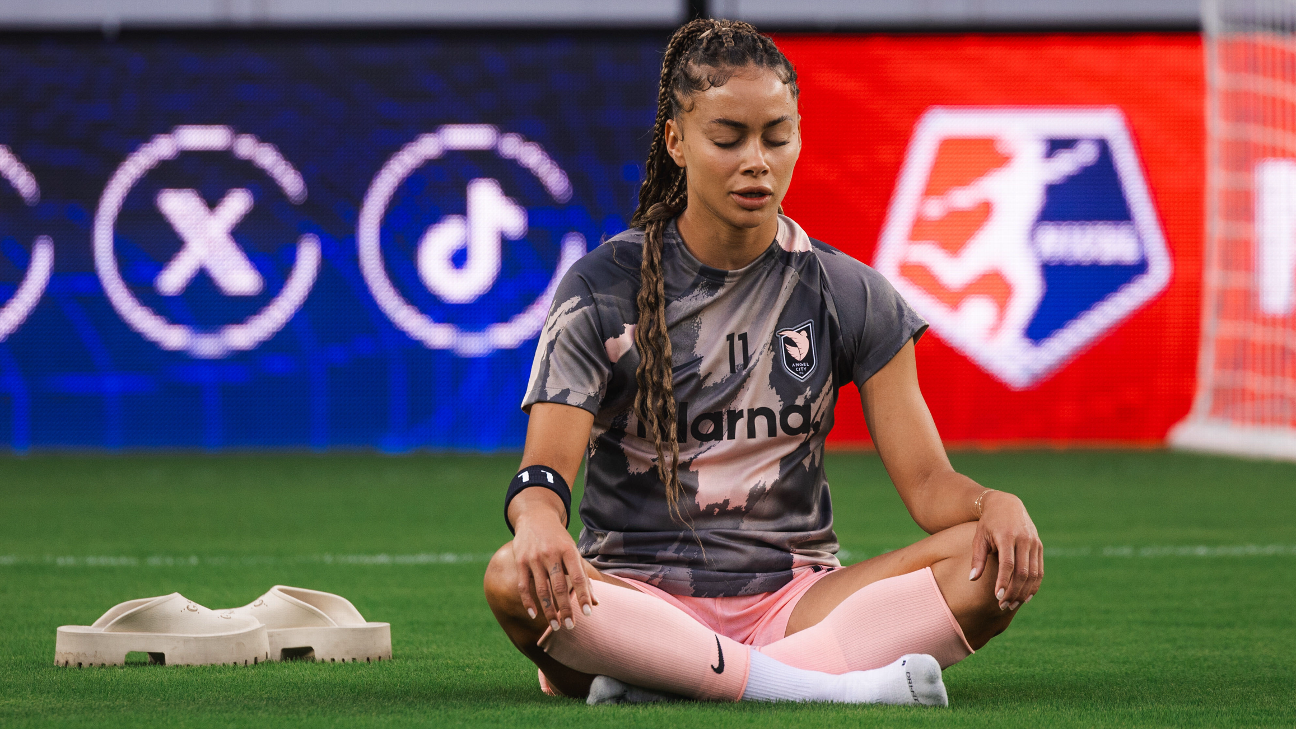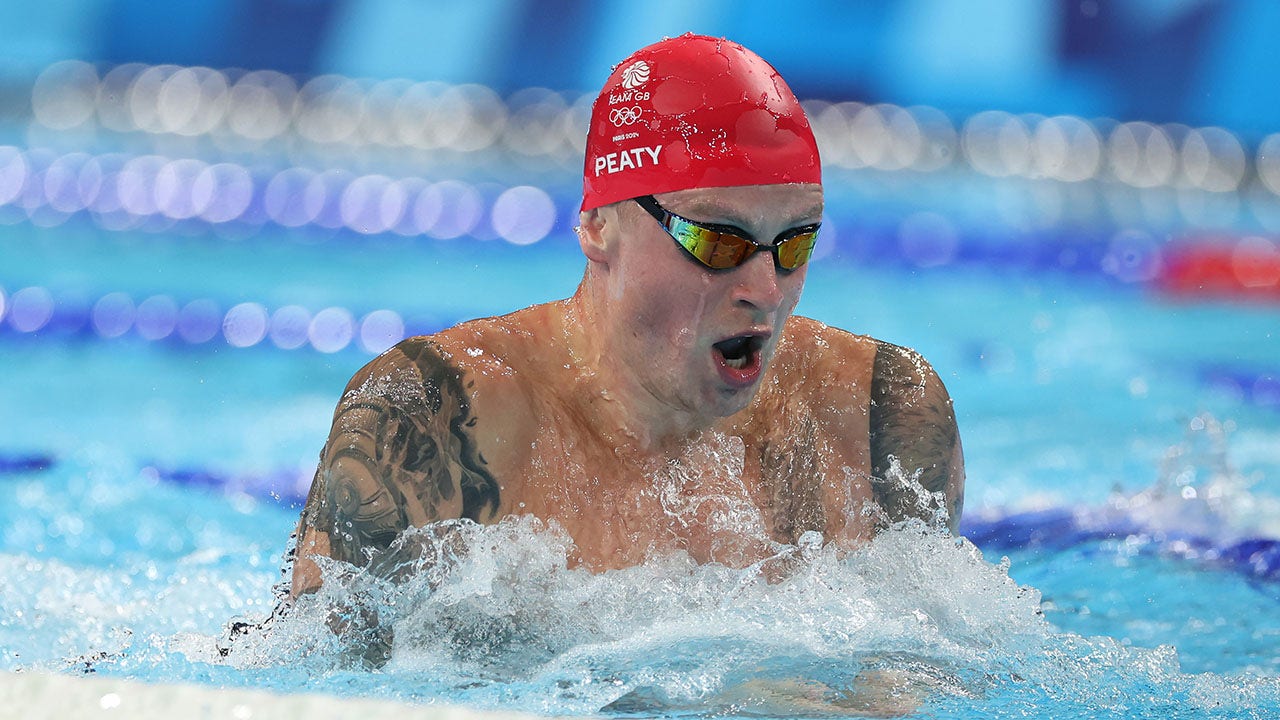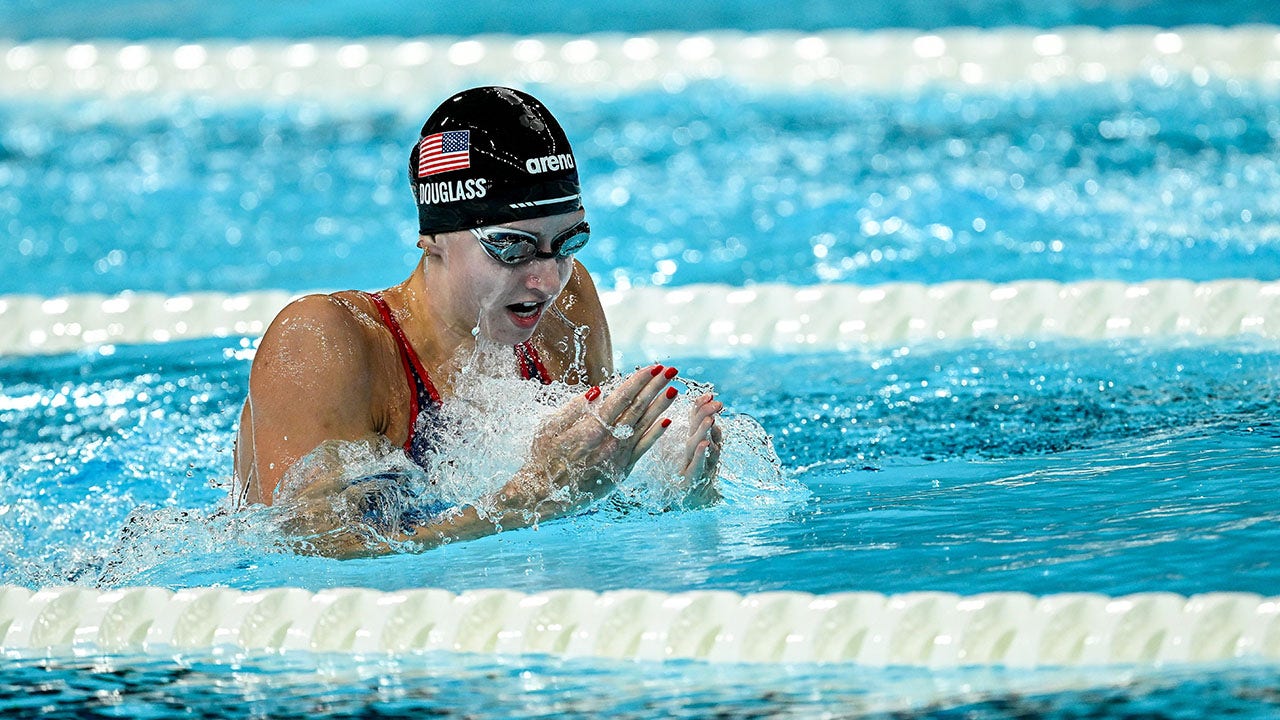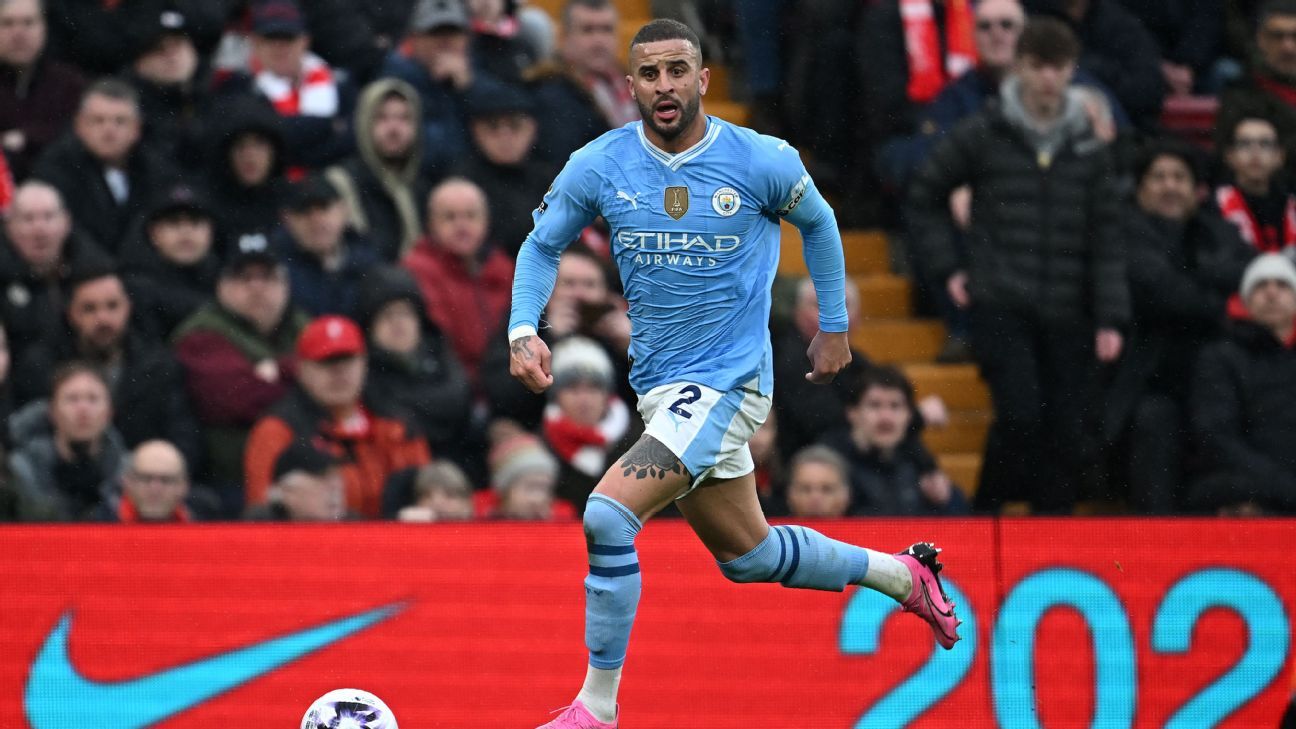PARIS – Andy Murray suffered a first-round exit at the French Open, losing to an inspired Stan Wawrinka in straight sets on Sunday night.
The two have three Grand Slams each, but in this battle of veterans with a combined age of 76, it was Wawrinka who came out on top, winning 6-4, 6-4, 6-2 in 2 hours and 19 minutes.
“Disappointed, it was always going to be tough, a tough game,” Murray said. “Stan has played brilliant tennis on that court and I expected him to play very well tonight and he gave me little chance. I wish I could have done a little better, disappointed, but I didn't have extremely high expectations given the way the build-up went.
“Physically, tennis is not easy for me these days. It is difficult and clay has been a surface since the beginning of my career. I have had back problems on clay and it is something I am used to.”
It was a tennis match that felt more like a heavyweight fight as the two exchanged powerful groundstrokes with the occasional drop shot breaking things up as the duo defied age to keep a packed crowd enthralled. But it was Wawrinka, 39, who prevailed, booking her place in the second round.
Wawrinka was largely in charge of proceedings, his backhand spot-on as he moved Murray around the Philippe-Chatrier court. He received the majority support of the French public, a favorite in these places after winning the tournament in 2015.
Wawrinka said after Murray: “It was definitely emotional; we are getting closer to the end. We played many times in the last 20 years. He is an incredible guy. An incredible player and a great fighter. We have a lot of respect for each other.
“I think I played my best game of the year. I was playing aggressively and I'm very happy with my performance.”
For Murray, 37, this was always a free kick. This was only his second visit to Roland Garros in singles in the last seven years; His best comeback here in Paris was reaching the 2016 final, where he lost to Novak Djokovic. But eight years later, it was Wawrinka, who won the title here in 2015, who stopped him cold in the first round.
This is expected to be Murray's last year on the tour, as he said in February that he has no intention of “playing much beyond this summer,” a period that includes another shot at the Paris Olympics in August. But like Rafael Nadal, Murray has not confirmed that this will definitely be his last French Open.
There were doubts about whether Murray would be fit in time for Roland Garros after tearing ankle ligaments at the Miami Open in March. At the time, conservative estimates put his recovery time at between 10 and 12 weeks, which called into question his chances of reaching the French Open and Wimbledon.
But the injury healed faster than expected and he ended up missing six weeks of competition. During that period, he took advantage of that time to consider a change of racket. He tried 10 different options that he purchased in Florida and opted to move away from the Head racquets he has used throughout his career and switched to a Yonex Ezone 100 racquet, one that offers more power.
Murray competed in a Challenger event in Bordeaux in mid-May and lost in the second round to Gregoire Barrere. He also competed at the Geneva Open, but lost in the first round to Yannick Hanfmann. So it was that, with a 1-2 record on clay, he headed to the French Open, where he was tied with his old enemy Wawrinka.
The two know each other well and, due to Murray's sporadic attendance at the French Open in recent years while recovering from injuries and fitness, his last two matches at Roland Garros were against Wawrinka. The two met in the 2017 semi-final, a match Wawrinka won 6-7 (6), 6-3, 5-7, 7-6 (3), 6-1, and then again in the first round in 2020. . where Wawrinka won in straight sets.
Murray had a 13-9 overall record against Wawrinka, but it was the Swiss veteran who started better, breaking Murray's serve in the first game, converting a third break point.
Murray failed to convert a break point in the fourth, struggling with powerful groundstrokes from the baseline. Wawrinka saved a break point in the fourth game and continued to move Murray mixing things up. In the sixth game, he hit the double of a drop-shot winner and then a stunning backhand on the next point.
Murray then managed to save three break points in the seventh, while also referring a crowd distraction to the referee to hold serve. The two continued to battle, with Murray saving two set points in the 10th, only for Wawrinka to close out the set 6-4 in 53 minutes.
The second set was very similar. As the temperature dropped (those in the courtside seats wrapped themselves in blankets), Wawrinka continued to dictate the pace of the match, breaking Murray's serve to take a 2-1 lead in the second set. Murray battled, looking to break serve as he fought back, stringing together a brilliant array of shots to win the seventh, but was unable to regain his footing in the set, and Wawrinka took the second 6-4.
The start of the third was delayed because Wawrinka called a timeout for medical reasons. Meanwhile, Murray paced the baseline, trying to stay warm. But Wawrinka showed no ill effects, breaking Murray in the first game of the third with a backhand down the line. Wawrinka held serve and then punished Murray's serve again in the third, winning the second of three break points to take a 3-0 lead. Murray recovered a couple of games, but was unable to control Wawrinka's serve, as the Swiss took the third set 6-2 and the match with brutal efficiency.
For Murray, this is not the end of his stay at Roland Garros this fortnight as he will play in the men's doubles alongside fellow Brit Dan Evans.
Wawrinka's next step in men's singles will be to face the winner of Monday's match between Cameron Norrie and Pavel Kotov.

